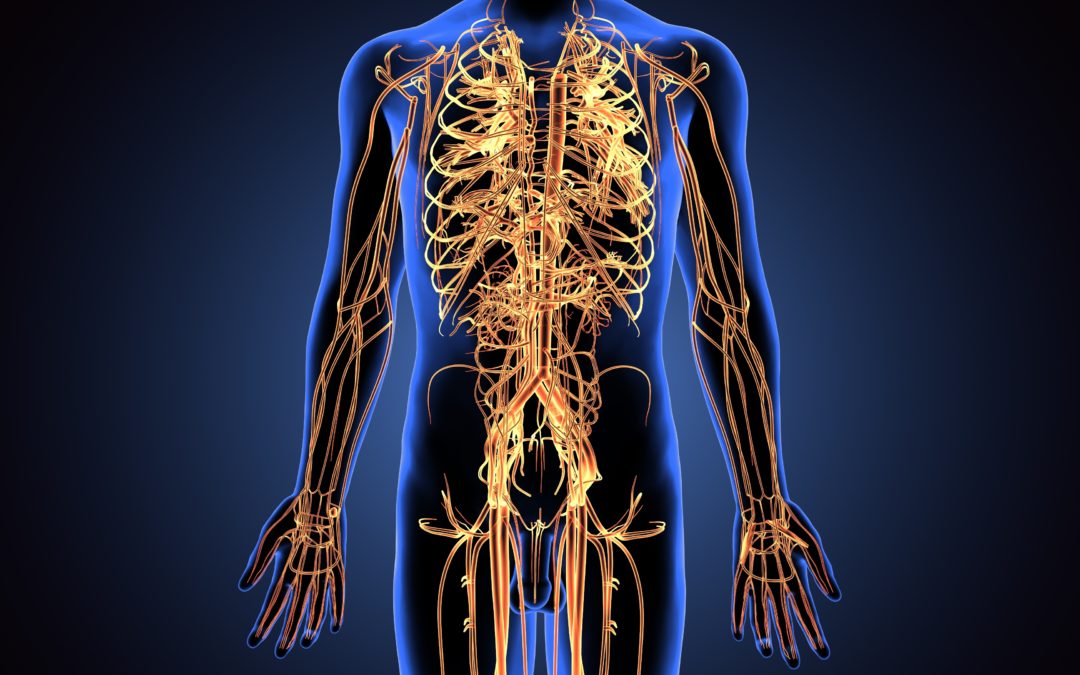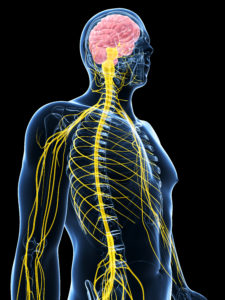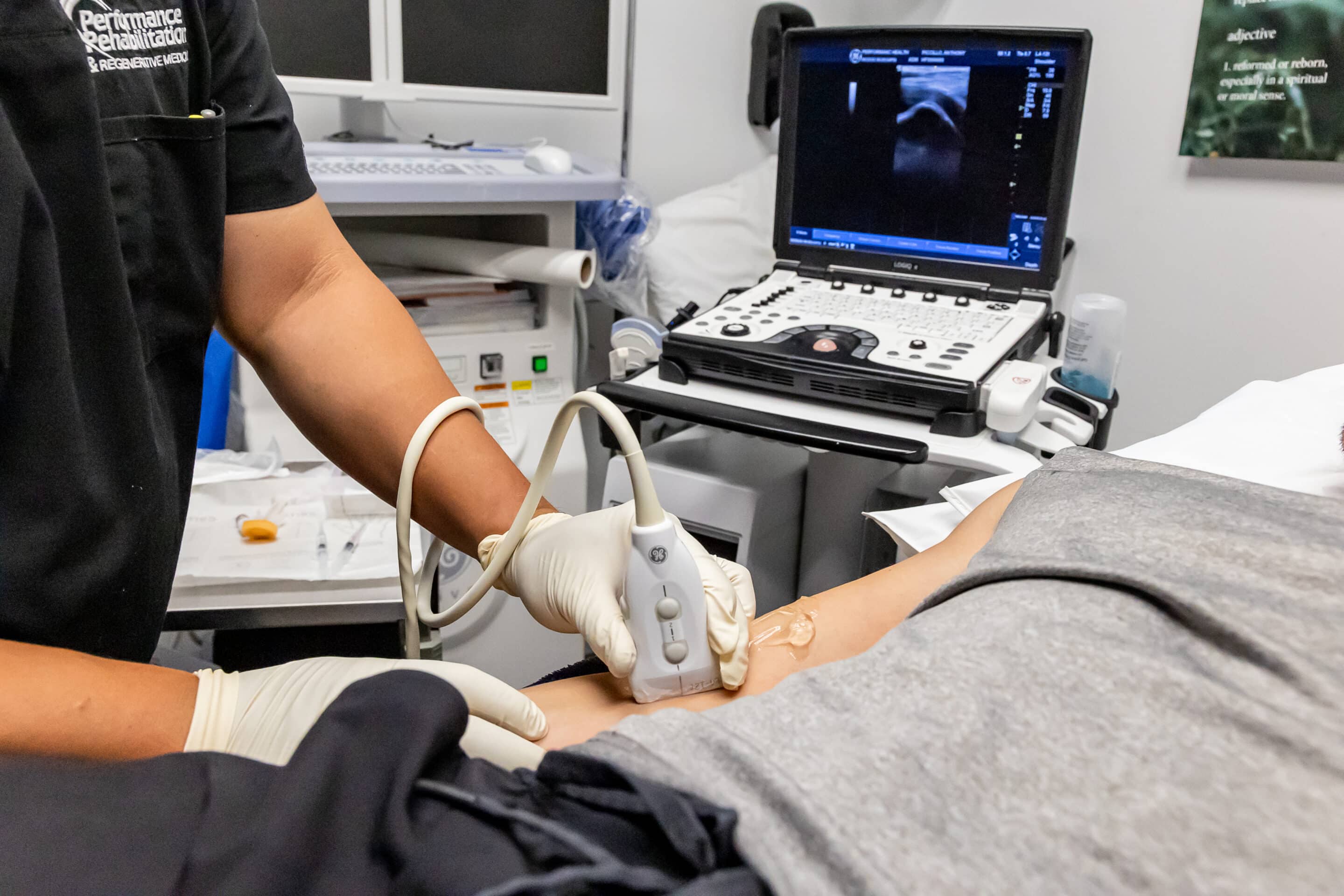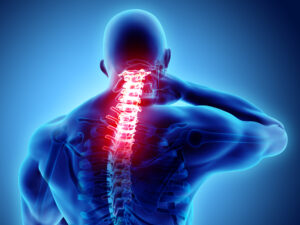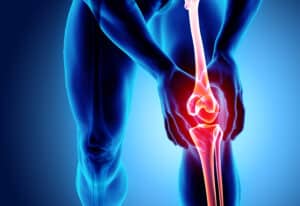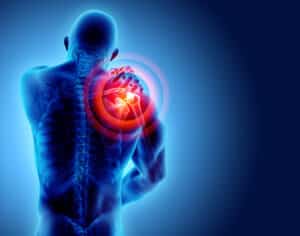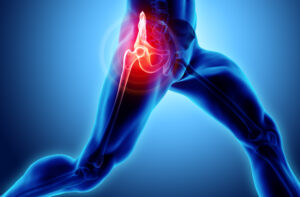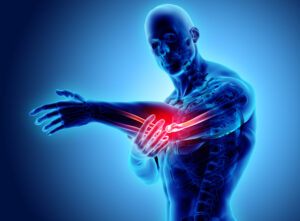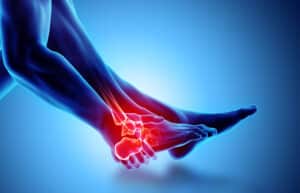What are the Most Important Nerves in the Body?
There are more than 7 trillion nerves that are found in the human body. They allow your nervous system to provide your body with necessary support. At Performance Rehabilitation, we want to share some of the most important nerves that you need to know about. We will be focusing on cranial nerves and spinal nerves.
Cranial Nerves – What do they do?
Located beneath the surface of the brain, cranial nerves have special functions. They connect your brain to your trunk, neck, and head. As there are 12 pairs of them, they are numbered using a Roman numeral. Generally, these nerves are classified as either motor or sensory nerves. Individual cranial nerves are mentioned below:
I. Olfactory Nerve – It is responsible for our sense of smell and lets your brain know when you encounter a smell.
II. Optic Nerve – As the name suggests, the optic nerve provides proper vision to your eyes. When light enters the eye, it comes into contact with your retina which passes this information to the optic nerve to ensure that you see everything clearly.
III. Oculomotor Nerve – It controls the muscle movements of your eyes and provides movement to the upper eyelid and eyeball while assisting them with involuntary functions like automatic lens adjustments and pupil contraction.
IV. Trochlear Nerve – To ensure that the muscle in your eye points inwards and outwards, the trochlear nerve plays a vital role.
V. Trigeminal Nerve – Considered to be the largest cranial nerve in the body, the trigeminal nerve is needed for both sensory and motor functions. It assists with clenching and chewing your teeth and connects with the sensory receptor sites on your face including ophthalmic, maxillary, and mandibular.
VI. Abducens Nerve – When it comes to gazing and other eye movements, the abducens nerve plays an integral role.
VII. Facial Nerve – It is similar to the trigeminal nerve as it also has sensory and motor functions. It controls facial gland movement and the production of facial expressions as well as taste.
VIII. Vestibulocochlear Nerve – This nerve comprises two nerves. The vestibular nerve allows the body to sense changes as you position your head to ensure balance, while the cochlear nerve is responsible for hearing and determining the magnitude and frequency of sound.
IX. Glossopharyngeal Nerve – Another nerve that has both sensory and motor functions, the glossopharyngeal nerve receives incoming information from the back of the mouth and allows the muscles in the throat to widen or shorten.
X. Vagus Nerve – It provides sensation to the abdominal organs, facilitates throat movement, and regulates heart rhythm.
XI. Accessory Nerve – It provides the muscle in your neck with motor ability.
XII. Hypoglossal Nerve – This nerve is needed by the tongue muscles for performing motor functions.
Spinal Nerves – What do they do?
As the spinal cord is a part of the central nervous system, it is an integral part of your body. It comprises 31 pairs of spinal nerves which are responsible for controlling motor, sensory, and other body functions. Each spinal nerve provides sensation to a different part of the body. Spinal nerves are assigned with alphanumeric figures.
Each spinal nerve is involved in body movement, while some are responsible for automatic body functions like breathing and heart rate. The sacral nerves control bowel movements and your bladder.
Request an Appointment
At NJ Performance Rehabilitation & Regenerative Medicine, we help Somerset County residents by providing necessary Orthopedic Care. Our goal is to address problems relating to the nerves in your spinal cord or brain. We have 3 convenient locations in Branchburg, Somerset, and Watchung New Jersey.
